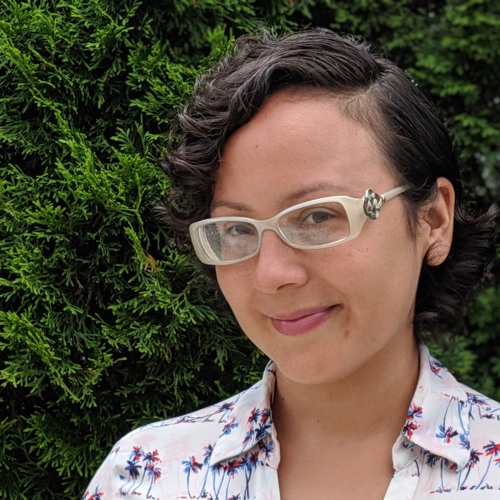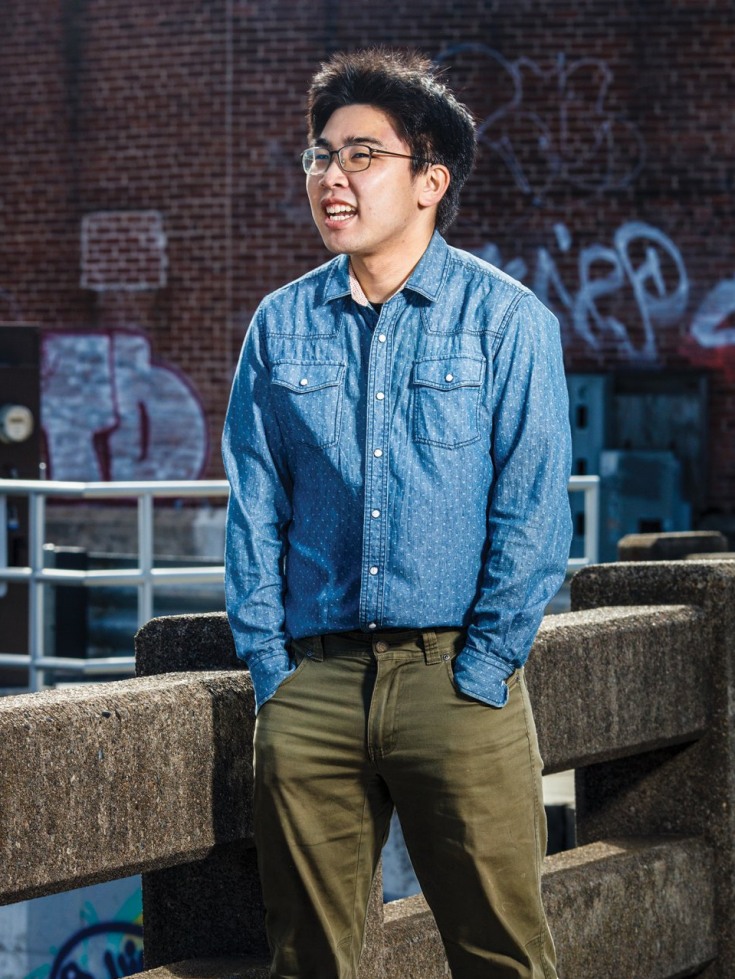Mathematics is a powerful tool. It helps us solve questions about our universe, understand the world we live in, explore issues of social justice, and make decisions in our day-to-day lives. Furthermore, an understanding of mathematics is the greatest predictor of success in college science courses. Helping young people to develop a deep understanding of mathematics can open doors to a world of possibilities.
In our Master of Arts in Teaching (MAT) program, we focus on what it means to use equitable teaching practices in culturally responsive classrooms. MAT-Math candidates reflect on their own experiences with math as they learn how to cultivate students’ identities through engaging in mathematical tasks and activities that empower learners. Math is not owned by teachers; math is for everyone, math is truth, math is beauty, and math can be reasoned and justified. In our program, we are playing a crucial part in providing highly effective mathematics instruction to our communities.
Candidates must have completed a bachelor’s degree that includes a concentration of coursework in mathematics or a related area to be admitted into the program.

